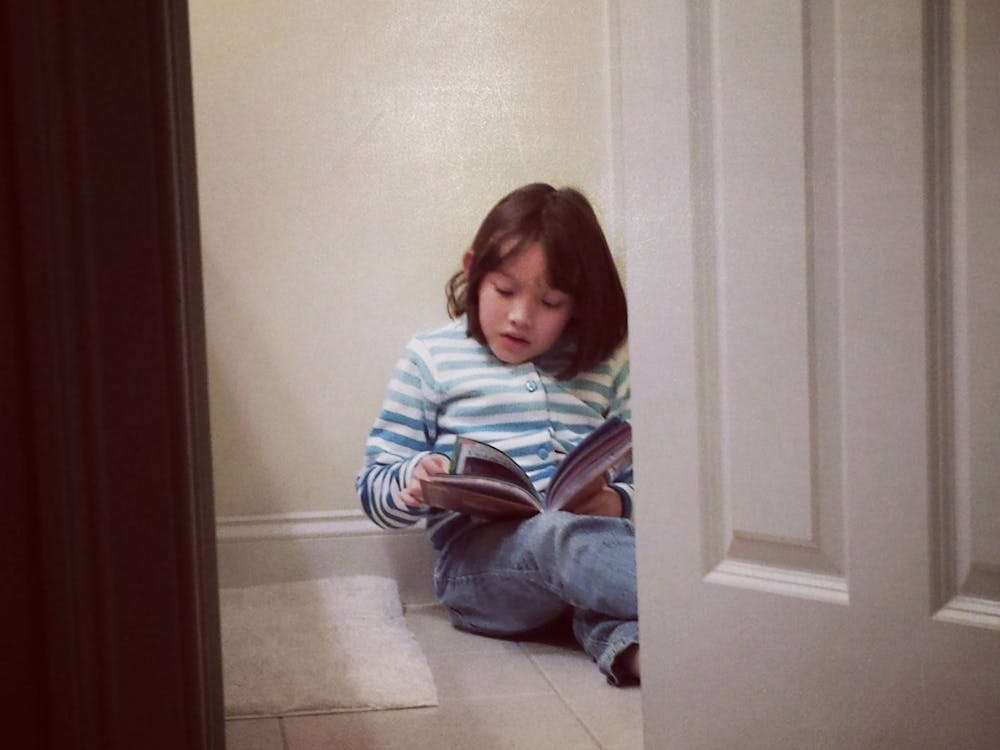
The author, Susan Cain, offers a historical analysis of Western culture’s tendency to favor the extrovert over the introvert, the doer over the thinker. She also proposes that not only have introverts been skimmed over, but that we have been defining “introvert” incorrectly for a long time.
Cain begins by describing a term she coined, the “Extrovert Ideal,” which is the idea that the “ideal self is gregarious, alpha and comfortable in the spotlight.” This concept, she asserts, holds true for basically the entirety of Western culture and began sometime during the start of America’s industrial era.
One example used throughout the book is that of public speaking, where people tend to follow the loudest and most charismatic individual. Cain points out, however, that there is no relationship between being a good speaker and having good ideas, arguing that there have been many more reserved individuals whose ideas have been ignored simply because they were not offered the chance to express them.
In trying to conform to the “Extrovert Ideal,” many naturally-introverted people might try to “become” more extroverted, harmfully straying away from what Cain calls their “true nature.” But not many people are even sure what introversion means, often confusing it with shyness, social awkwardness or being anti-social.
In fact, Cain devotes much of her book to dispelling the popular myth that introvert is synonymous with shyness and the avoidance of social situations, instead asserting that introversion applies to individuals who do not need attention and a stimulating environment to thrive, who tend to navigate away from these situations out of preference rather than fear.
She even proposes that introverts are drained rather than energized by extended social interactions or gatherings. Other than a preference for solitude, characteristics which define introversion include a more cautious approach to taking risks and introspection, in other words thinking deeply. Rather than the label being a binary classification, people can fall anywhere on the introversion-extroversion spectrum.
Throughout the rest of her book, Cain offers interesting analysis of what being an introvert means in terms of personal and romantic relationships, the office workplace and education. Namely, she tries to raise awareness of the fact that very few environments, especially education and the workplace, actually value or nurture introverts.
For example, even though introverts tend to have higher levels of empathy and self-reflection, both of these environments cater towards group-work and collaboration, favoring individuals who can actively express their ideas.
Cain proposes that introverts have much to offer in terms of creativity and thinking and that companies and schools alike should consider that working alone can be just as important as working together.
What Cain talks about in her book resonates deeply with me: I always phrase my words carefully, but some take my reticence as shyness or an unwillingness to contribute to discussion. After reading Quiet, I now value my own introspection and hope other introverts can do the same instead of forcing themselves to become more extroverted.
Nowhere in this book does the author claim that introverts are better than extroverts, or vice versa, or that introverts should find excuses to spend time alone. The author merely wants us to reconsider what our societal values are and how we can better accommodate all types of people and personalities.
I recommend this book to everyone, introverts and extroverts alike, so that quiet thinkers can also have their chance to offer their novel ideas and creative solutions to a society that so frequently looks over their contributions.




